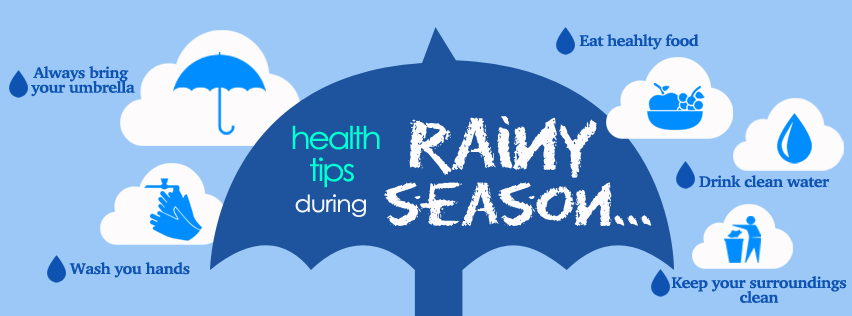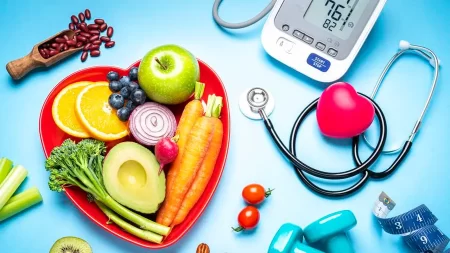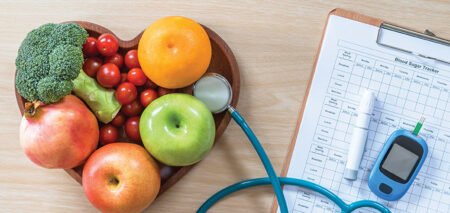- Stay Hydrated: Even though it’s not hot outside, it’s still important to stay hydrated. Drink an adequate amount of water throughout the day to maintain proper hydration levels.
- Eat Fresh and Clean: Consume freshly cooked meals and avoid eating outside or street food, as the chances of contamination and foodborne illnesses are higher during the rainy season. Wash fruits and vegetables thoroughly before consuming them.
- Boost Your Immunity: The rainy season can bring an increase in viral infections. Boost your immune system by including immune-boosting foods in your diet, such as fruits rich in Vitamin C (like oranges, lemons, and berries), garlic, ginger, and turmeric.
- Maintain Personal Hygiene: Keep yourself clean and dry, as dampness can lead to fungal infections and skin problems. Take regular showers, dry yourself thoroughly, and use antifungal powders or creams to prevent fungal growth.
- Protect Against Mosquitoes: Mosquito-borne diseases such as dengue and malaria are more common during the rainy season. Use mosquito repellents, wear long-sleeved clothing, and use mosquito nets while sleeping to protect yourself from mosquito bites.
- Avoid Stagnant Water: Stagnant water becomes a breeding ground for mosquitoes and other disease-causing organisms. Avoid areas with stagnant water and ensure there are no water puddles or open containers near your living or working spaces.
- Practice Hand Hygiene: Wash your hands frequently with soap and water for at least 20 seconds to prevent the spread of infections. Use hand sanitizers when soap and water are not available.
- Stay Active: Don’t let the rain discourage you from staying active. Engage in indoor exercises or activities to keep yourself physically active and boost your mood.
- Be Prepared for Seasonal Allergies: Rainy season can trigger allergies in some individuals. If you are prone to allergies, be prepared with antihistamines or consult a healthcare professional for appropriate medications.
- Stay Updated on Weather and Health Advisories: Keep track of weather forecasts and health advisories in your area. Stay informed about any health-related precautions or alerts issued by local health authorities.
Remember, these tips are general guidelines, and individual health conditions may vary. If you have specific health concerns or conditions, it’s always advisable to consult with a healthcare professional for personalized advice and recommendations.











